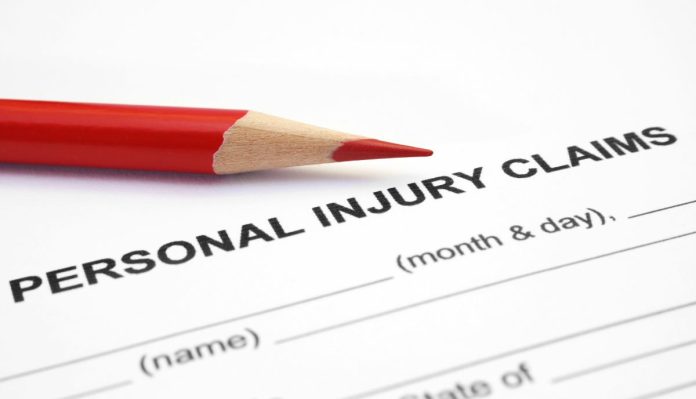Getting the settlement you deserve after an accident can be a challenging process. It can take time and require a great deal of attention to detail.
A settlement is a negotiated sum of money the at-fault party (through their insurance company) pays you to make your claim disappear. However, they will often try to settle for far less than your case is worth.
Damages
Personal injury can disrupt your life and make it difficult to deal with everyday issues such as medical bills, lost wages, and pain and suffering. Fortunately, the vast majority of personal injury cases are resolved through settlements rather than going to trial.
While the settlement process may seem straightforward, several things can affect the outcome of your case. The amount of compensation you receive for damages is the most crucial element.
A jury or insurance company will first award you “economic damages,” This is how are personal injury settlements paid out. These losses include your medical bills, lost income, other expenses incurred during the accident, and potential future costs if you need to continue your recovery or cannot work.
In addition to economic damages, you can also receive compensation for your past and future pain and suffering. The number of damages you receive for these losses will depend on the severity of your injuries and the extent to which they interfere with your ability to enjoy life.
Finally, punitive damages are awarded in extreme instances when the defendant has committed a malicious or reckless act. These damages are designed to punish the wrongdoer and discourage others from engaging in similar behavior.
Time Limits
Many variables can influence how long it takes to settle your personal injury claim. It includes the number of parties involved, whether or not you have much damage and other factors.
While some cases settle within a few weeks, others can take months and even years. There are also a few essential steps that must be completed before a personal injury case is settled.
First, you need to file a lawsuit against the defendant. It will require extensive documentation and evidence to prove your claim.
The time limits associated with personal injury settlements vary by state, but most states have statutes of limitations that must be followed to sue a defendant. You must do so to maintain the ability to pursue your case through the legal system.
In New York, for example, the statute of limitations for personal injury claims is generally three years from the accident date or the date you discover your injuries. However, this rule has a few exclusions, and they can enable you to file your complaint earlier. The discovery rule is one of these exceptions.
Insurance Coverage
The insurance coverage associated with personal injury settlements can be complicated. For instance, if you are injured in an auto accident, the insurance policy of the person who caused the injury will likely limit your compensation.
However, there are exceptions to this rule, and you should never assume that your compensation will be based solely on the policy limits. Instead, it is essential to consult with an attorney about the specifics of your claim.
Generally, your claim will be evaluated based on liability, damages, and insurance policy terms. Ultimately, the insurance company will determine your settlement amount and the outcome of any trial that may occur.
When you are filing a personal injury claim against another party, it is usually recommended that you work with an attorney. It will help ensure that you receive the maximum compensation for your injuries.
In most states, you should be compensated for your medical expenses and any permanent pain and suffering you endure. It is known as “special damages.” These damages are usually a percentage of the total money you receive for your claim. In addition, it is common for injured people to owe money to medical providers. These debts can be negotiated and reduced by your attorney.
Legal Fees
Many injury victims rely on their lawyers to help them obtain compensation for their losses after an accident. They have mounting medical bills, property damage to repair, and lost wages due to their injuries.
Fortunately, most personal injury attorneys work on a contingency fee basis. It means they will take a percentage of your settlement or verdict, usually between 33% and 40%. However, they also have to pay their own legal fees, court costs, and other expenses associated with the case.
In most cases, these fees and expenses will be deducted from the final settlement or verdict amount before the client can receive any money. It is because these cases can often run into thousands of dollars in legal costs and expenses.
Another thing to remember is that most personal injury lawyers bill a retainer upfront and subtract an hourly fee as they work on the case. It can quickly add up for a year or two, so it’s essential to find an attorney upfront about these fees before hiring them.
Sometimes, the lawyer will hold the check in escrow until it clears before taking the attorney’s fees. It can be time-consuming, but it helps ensure the lawyer receives a reasonable portion of their legal fee.

